Symptoms of Liver Failure in Cats and How to Treat Cat Liver Disease
Liver failure in cats occurs when over 75% of the liver's function is lost, often resulting in massive liver necrosis. While more common in dogs, it can seriously affect cats of any age, breed, or gender. Understanding the symptoms of liver failure in cats can help you act early and protect your pet's health.
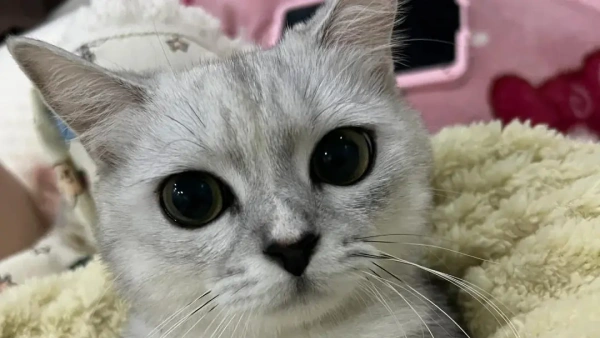
Common Causes of Cat Liver Failure
1. Medications
Improper use of certain medications can lead to cat liver failure:
Antibiotics
Chemotherapy drugs
Dewormers (antiparasitic medications)
Painkillers
Anesthetics
2. Biological Toxins
Amanita mushrooms (death cap)
Aflatoxins (toxins from mold or fungi)
3. Infectious Diseases
Infectious canine hepatitis
Leptospirosis
4. Other Causes
Heat stroke
Thromboembolic diseases
Shock
Disseminated intravascular coagulation (DIC)
Acute circulatory failure
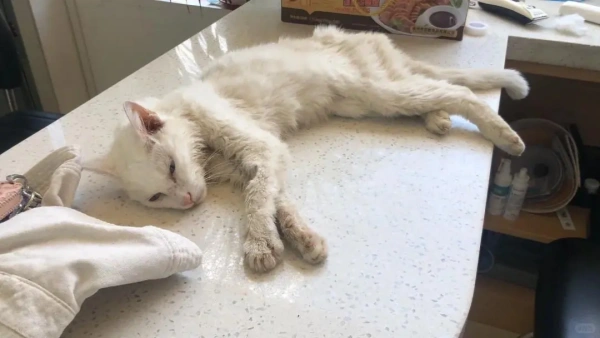
Signs and Symptoms of Liver Failure in Cats
Vomiting
Yellowing of the skin and eyes (jaundice)
Diarrhea (sometimes with blood)
Depression
Seizures
Coma
Abdominal swelling
Ascites (fluid accumulation in the abdomen)
Other signs may include excessive drooling and lethargy. These cat liver disease symptoms require urgent veterinary attention.
How Vets Diagnose Cat Liver Failure
Your veterinarian may recommend the following diagnostic tests:
Complete blood count (CBC)
Biochemical profile
Urinalysis
Serum bile acid test
Ammonia level test
Coagulation tests
Abdominal X-rays
Ultrasound imaging
Liver biopsy and culture
Exploratory surgery
Laparoscopy
Treatment Options for Cat Liver Failure
Treatment depends on the cause and severity. It may include:
Hospitalization and IV fluid therapy
Nutrition and special dietary plans
Plasma or starch colloid therapy
Antibiotics and antiemetics
Diuretics to remove excess fluids
Lactulose to reduce ammonia absorption
Mannitol to reduce brain swelling
Vitamin K supplementation
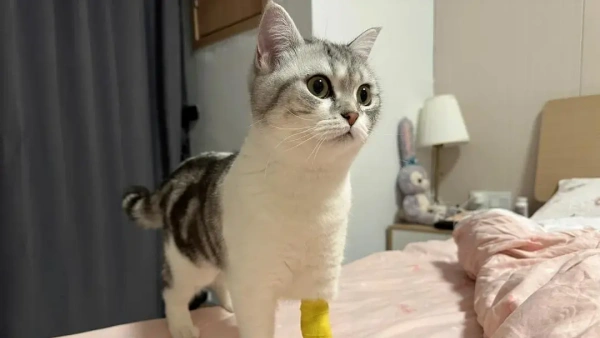
Everything Our Vets Recommend
FAQ - Symptoms of Liver Failure in Cats and How to Treat Cat Liver Disease
Q: What are the early signs of liver failure in cats?
A: Common signs include loss of appetite, weight loss, vomiting, and yellowing of the eyes or gums.
Q: Can liver disease in cats be cured?
A: Some causes are treatable, but others may require long-term management to maintain quality of life.
Q: What diet is recommended for cats with liver problems?
A: High-quality protein with balanced nutrients, often prescribed by a veterinarian, is essential.
Home Care and Prevention Tips
Follow your vet’s guidance on prescriptions and nutrition. Regular follow-ups and bloodwork are key to tracking recovery. Preventing liver problems in cats symptoms involves limiting exposure to toxic foods and medications. Keep chemicals and poisonous plants out of reach, and seek prompt care for any signs of liver issues.
Final Thoughts
Symptoms of liver disease in cats can be subtle at first, but early recognition and treatment are crucial. Understanding signs of liver failure in cats and working with your vet can help your cat recover. Stay informed and proactive—your cat’s life may depend on it.
You May Like:
- Cat Specific Shampoo 2025 Safe Pest Control and Grooming Guide
- How to Tell If Cat Has Fleas: 5 Clear Signs Every Owner Should Know
- Effective Cat Asthma Treatment: How to Treat Cat Asthma at Home
- 4 Probiotics for Cats with Diarrhea: Vet-Tips to Stop Loose Stools
User Comments
Does flea treatment kill ear mites too?
Can dogs take human probiotics?
Can dogs have people probiotics safely?

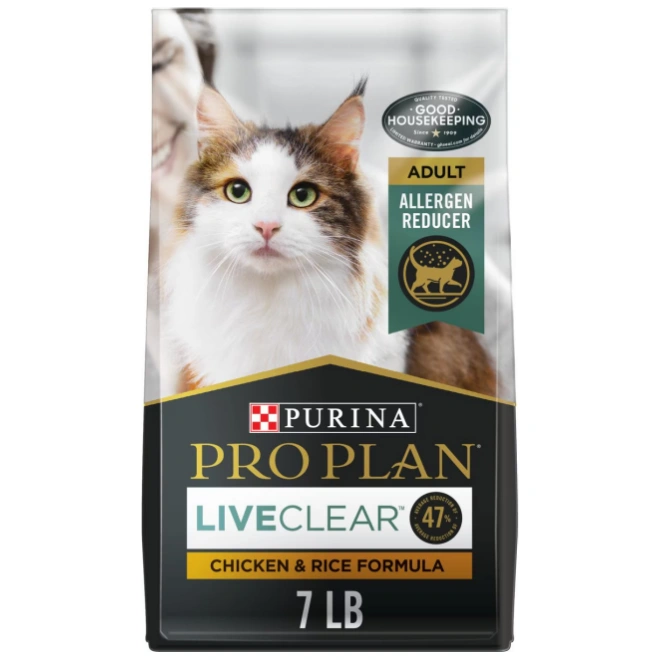
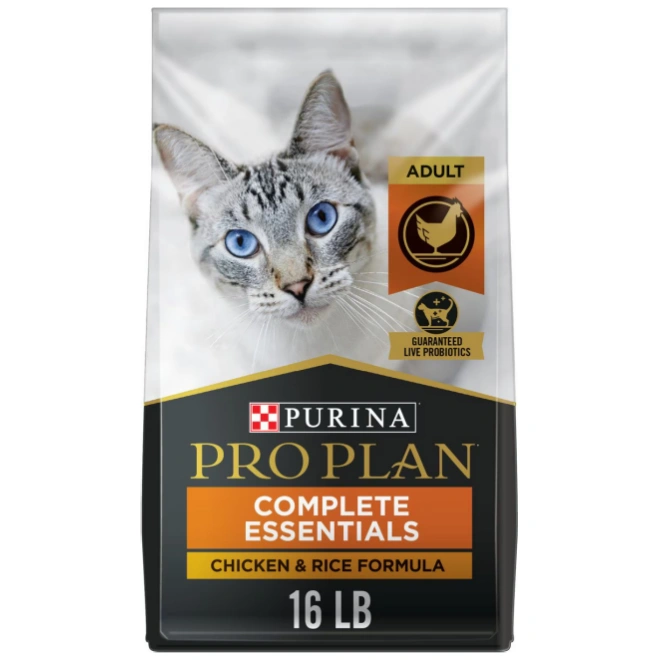










Leave a Reply